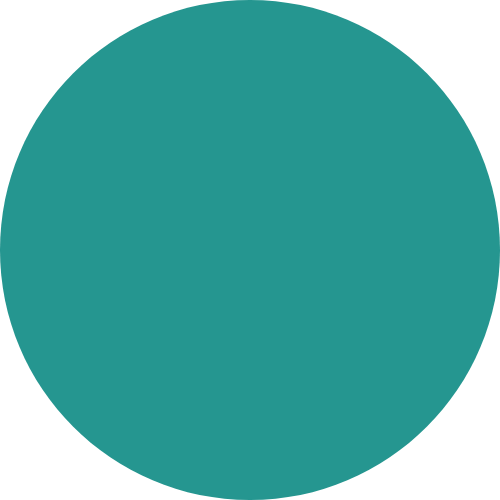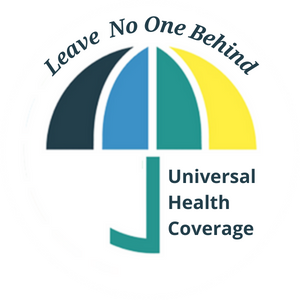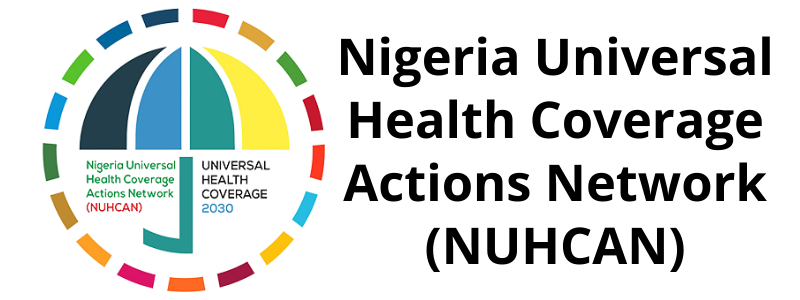
Join the Movement
Leaving No
One Behind
Nigeria Universal Health Coverage Actions Network
What is Universal
Health Coverage
Universal health coverage is defined as ensuring that all people have access to needed health services (including prevention, promotion, treatment, rehabilitation and palliation) of sufficient quality to be effective while also ensuring that the use of these services does not expose the user to financial hardship. Universal health coverage has therefore become a major goal for health reform in many countries and a prioritized objective of the WHO.
Nigeria Universal Health
Coverage Actions Network
(NUHCAN)
Good Health
It is essential to sustain economic and social development and poverty reduction. Access to needed health services is crucial for maintaining and improving health. At the same time, people need to be protected from being pushed into poverty because of the cost of health care.
Universal Health Coverage Embodies
Three Related Objectives:
Health Care
Equality
Those who need the services should get them, not only those who can pay for them.
Quality of
Services
The quality of health services is good enough to improve the health of those receiving the services.
Financial Risk
Protection
We ensure the cost of using care does not put people at risk of financial hardship.
Our Objective As
Nigeria Universal Health Coverage Actions Network
(NUHCAN)
- To accept, undertake, or execute
any cash gift, properties, or assets which may be deemed to be in accordance with or which may further or benefit the aims and objectives of the Organization and used to carry out any actions that are incidental to the fulfillment of the Organization’s aims and objectives.
- To prohibit the payment
of any dividend, bonus, or profit to and the distribution of any of their assets among the members of the Organization at least to the same extent as such payments or distributions are prohibited in the case of members of the Organization.
- To receive grants
from donors, foundations, international and national agencies and utilize the same for the furtherance of the promotion of the aims and objectives.
- To make donations
in cash, assets, establishment, support, or aid in the establishment of and for any charitable associations or institutions.
NUHCAN
Action Agenda

- Ensure Political Leadership Beyond Health
Prioritize UHC as a commitment at all levels of government and as a whole-of-government and whole-of-society action in order to provide equitable access to health services irrespective of socio-economic and legal status, health condition, disease, religion, gender, age or any other factors.
- Leave No One Behind
Establish resilient, responsive and inclusive health systems that are accessible to all l, irrespective of socio-economic or legal status, health condition or any other factors. Such systems should prioritise an essential health package based on PHC principles.
- Uphold Quality of Care
Put better quality on par with expanded coverage Progress on UHC must be measured through the achievement of equitable and effective coverage and access to promotive, preventive, curative, rehabilitative and palliative health services.
- Invest More, Invest Better
Set nationally appropriate spending targets for investments in health (e.g., ideally at least 5% of GDP on public health spending) consistent with sustainable national development strategies, and ensure efficient and equitable allocation of resources to PHC.
- Move Together
Enable and introduce processes for structured and meaningful engagement of all government sectors and actors, the private sector and a broad base of civil society, including youth and academia.
- Regulate and Legislate
Frequently Asked Questions
Health is the foundation for people, communities and economies to reach their full potential. Universal health coverage (UHC) is primarily the responsibility of governments, which ensure people’s health as a social contract. Achieving UHC is essential for inclusive development, prosperity and fairness, and requires political decisions that go beyond the health sector.
Health is enshrined as one of the fundamental rights of every human being. UHC is key to reducing poverty and promoting equity and social cohesion. Governments should invest in everyone’s health. Extension of geographical coverage and reaching the most marginalised and hard-to-reach populations are essential to achieving positive health outcomes. A strong system for monitoring and evaluation is needed to ensure accountability and participation.
UHC requires a sound legal and regulatory framework and institutional capacity to ensure the rights of people and meet their needs. Governments are the primary duty bearer under the International Covenant on Economic, Social and Cultural Rights, even in cases when they rely on private providers.
Quality primary health care (PHC) is the backbone of UHC and creates trust in public institutions. Expansion of health coverage must be accompanied by investments in the quality of health services. People should be able to access a full spectrum of safe, quality services and products in their community, delivered by well-trained, well-paid, culturally and gender-sensitive health workers.
Current funding levels are insufficient to achieve UHC by 2030. Governments need to increase domestic investment and allocate more public financing for health through equitable and mandatory resources. Governments must improve efficiency and equity in the use of existing resources and reduce reliance on impoverishing out-of-pocket payments. Development assistance to health should reduce fragmentation and strengthen national health financing capacities.
All countries must take active steps to meaningfully engage non-governmental actors – particularly from unserved, underserved or poorly-served populations – in shaping the UHC agenda. Solutions for each country must be tailored to context and population needs. The international community and global health partners should unite to support countries to build a healthier world.

